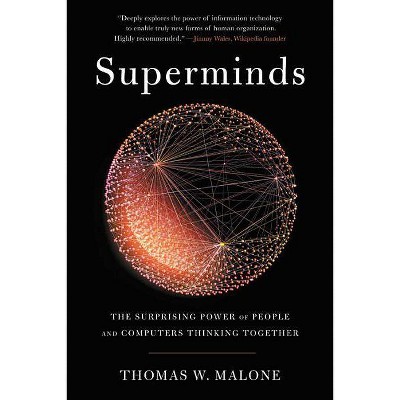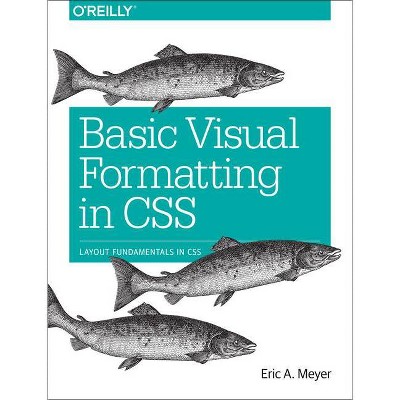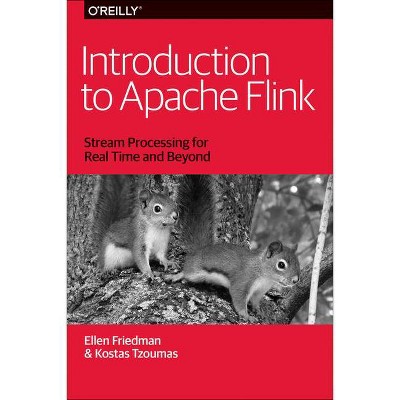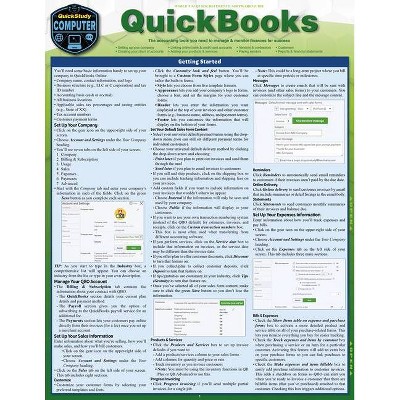Superminds - by Thomas W Malone (Paperback)

Similar Products
Products of same category from the store
AllProduct info
<p/><br></br><p><b> About the Book </b></p></br></br>"If you're like most people, you probably believe that humans are the most intelligent animals on our planet. But there's another kind of entity that can be far smarter: groups of people. In this ... book, Thomas Malone ... shows how groups of people working together in superminds--like hierarchies, markets, democracies, and communities--have been responsible for almost all human achievements in business, government, science, and beyond. And these collectively intelligent human groups are about to get much smarter. Using dozens of ... examples and case studies, Malone shows how computers can help create more intelligent superminds simply by connecting humans to one another in a variety of rich, new ways"--Back cover.<p/><br></br><p><b> Book Synopsis </b></p></br></br><b>From the founding director of the MIT Center for Collective Intelligence comes a fascinating look at the remarkable capacity for intelligence exhibited by groups of people and computers working together.</b> <p/> If you're like most people, you probably believe that humans are the most intelligent animals on our planet. But there's another kind of entity that can be far smarter: groups of people. In this groundbreaking book, Thomas Malone, the founding director of the MIT Center for Collective Intelligence, shows how groups of people working together in superminds -- like hierarchies, markets, democracies, and communities -- have been responsible for almost all human achievements in business, government, science, and beyond. And these collectively intelligent human groups are about to get much smarter. <p/> Using dozens of striking examples and case studies, Malone shows how computers can help create more intelligent superminds simply by connecting humans to one another in a variety of rich, new ways. And although it will probably happen more gradually than many people expect, artificially intelligent computers will amplify the power of these superminds by doing increasingly complex kinds of thinking. Together, these changes will have far-reaching implications for everything from the way we buy groceries and plan business strategies to how we respond to climate change, and even for democracy itself. By understanding how these collectively intelligent groups work, we can learn how to harness their genius to achieve our human goals. <p/> Drawing on cutting-edge science and insights from a remarkable range of disciplines, <i>Superminds</i> articulates a bold -- and utterly fascinating -- picture of the future that will change the ways you work and live, both with other people and with computers.<p/><br></br><p><b> Review Quotes </b></p></br></br><br><i>Superminds</i> offers a fascinating deep dive into the science of collective human intelligence, and how communities of minds may ultimately be integrated with AI to produce a new, composite super-intelligence that might soon be leveraged to help solve some of humanity's most pressing problems.--<i><b>Martin Ford, author of The Rise of the Robots</b></i><br><br>A book rich in speculation about how collective thinking might solve big problems such as climate change; of interests to fans of Daniel Dennett, Steven Pinker, and other big-picture thinkers.--<i><b>Kirkus Reviews</b></i><br><br>A remarkable journey into the basic structures -- markets, hierarchies, democracies and more -- that have advanced civilization throughout history and now bring us to a turning point where the complex problems facing humanity can be addressed by people and computers working together in totally new ways. A must read.<br>--<i><b>Amy Edmondson, professor, Harvard Business School, and author of Building the Future</b></i><br><br>Deeply explores the power of information technology to enable truly new forms of human organization. Highly recommended.--<i><b>Jimmy Wales, Wikipedia founder</b></i><br><br>From the father of collective intelligence, a refreshingly realistic view of how computers will supercharge collective intelligence and how these superminds can help us tackle the most complex problems that face the world today.--<i><b>Joi Ito, Director, MIT Media Lab, and author of Whiplash</b></i><br><br>Humans plus computers and networks have enormous potential. How can such wee creatures as ourselves take advantage of this potential? Malone addresses this question in a concrete way, laying the foundation for a new discipline: the systems engineering of superminds.--<i><b>Vernor Vinge, Hugo Award-winning science fiction author, and originator of the "technological singularity" concept.</b></i><br><br>In this fascinating book, Tom Malone introduces us to new vistas of human capability and creativity achievable through collective intelligence. By thinking imaginatively about our future, Malone helps us think differently about the present.<br>--<i><b>Anne Marie-Slaughter, CEO of New America and author of Unfinished Business</b></i><br><br>In this terrific, well-researched, and highly readable book, Tom Malone explores provocatively and practically the opportunities and challenges that superminds will help us address in business and society. Leaders who care about harnessing the power of human minds in a world enabled by digital technologies must read this book.--<i><b>James Manyika, Chairman, McKinsey Global Institute</b></i><br><br>Malone takes us on an intentional journey into thinking about thought, intelligence, reasoning, and consciousness. He sees these notions in extremely broad terms that have changed my views of what it means to 'think.'--<i><b>Vint Cerf, VP, Google, and one of the "fathers of the Internet"</b></i><br><br>The story of human civilization has fundamentally been the story of coordination: in families, tribes, markets, nations. The challenge we now face is learning how to collaborate at an unprecedented scale, with both human and nonhuman partners alike -- be they institutions, decentralized networks or intelligent machines. <i>Superminds</i> opens a window into what may be the defining question of the coming century.--<i><b>Brian Christian, author of Algorithms to Live By</b></i><br><br>The wonderful essence of Tom Malone's book is to imagine how people and computers will interact on a massive scale to create intelligent systems. And by imagining them in advance, we have some hope of nudging them in a positive direction.--<i><b>Esther Dyson, executive founder of Way to Wellville and author of Release 2.1</b></i><br><br>Tom Malone puts worries about artificial intelligence in perspective, explaining why AI works best when combined with humans in superminds. What makes a supermind more or less intelligent is just one of many surprises in this fascinating book.--<i><b>Patrick Winston, former director of the MIT Artificial Intelligence Laboratory and author of Artificial Intelligence</b></i><br><p/><br></br><p><b> About the Author </b></p></br></br><b>Thomas W. Malone</b> is the Patrick J. McGovern Professor of Management, a professor of information technology, and a professor of work and organizational studies at the MIT Sloan School of Management. He is also the founding director of the MIT Center for Collective Intelligence and was one of the two founding co-directors of the MIT Initiative on Inventing the Organizations of the 21st Century. Malone is the author of <i>The Future of Work</i> and more than 100 articles, research papers, and book chapters. He has also been a cofounder of four software companies; an inventor on 11 patents; and a co-editor of four books.
Price History
Price Archive shows prices from various stores, lets you see history and find the cheapest. There is no actual sale on the website. For all support, inquiry and suggestion messagescommunication@pricearchive.us




















